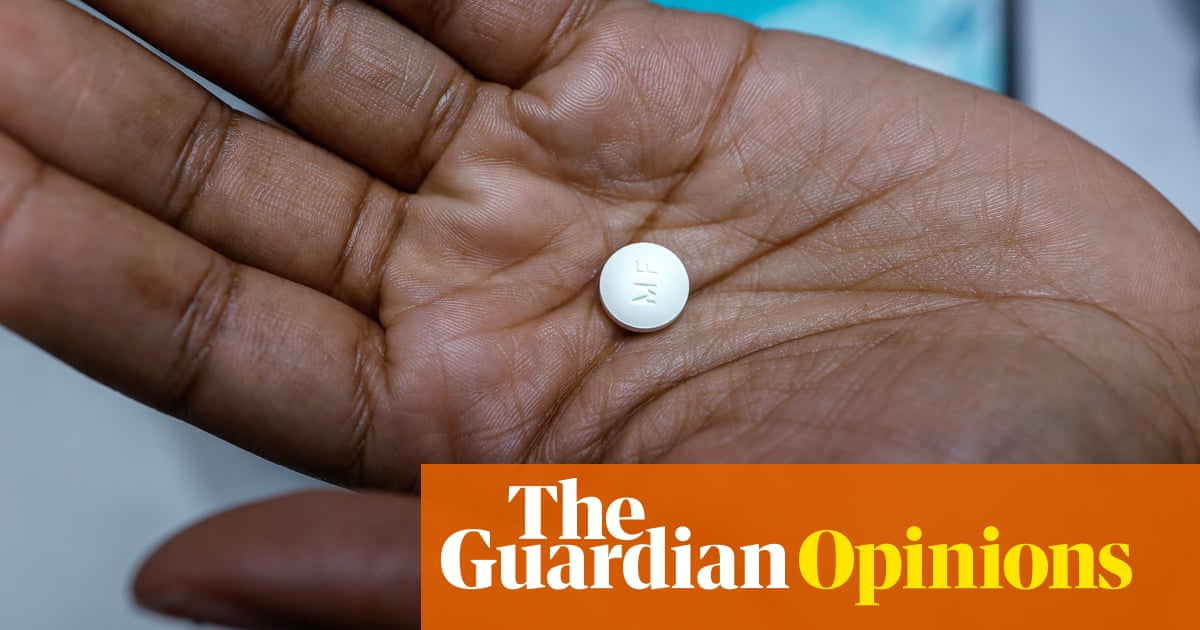
"Mifepristoneâs primary purpose has always been to allow women to control their own bodies and lives by ending their pregnancies, but it faces ongoing scrutiny."
"Since the Dobbs decision, tech-enabled access to mifepristone via telehealth has helped many women in anti-choice states manage their reproductive health amidst restrictive laws."
Mifepristone, accounting for nearly two-thirds of US abortions, was created to empower women to control their pregnancies. Following the controversial Dobbs v Jackson ruling, which eliminated federal abortion rights, many women in anti-choice states now rely on telehealth services to access mifepristone, circumventing state-imposed bans. This surge in telehealth abortions has alleviated some negative consequences faced by women after the ruling, which has driven up maternal mortality rates and reduced women's rights. The ongoing political discourse surrounding this medication reflects broader societal debates about women's autonomy and healthcare access.
Read at www.theguardian.com
Unable to calculate read time
Collection
[
|
...
]